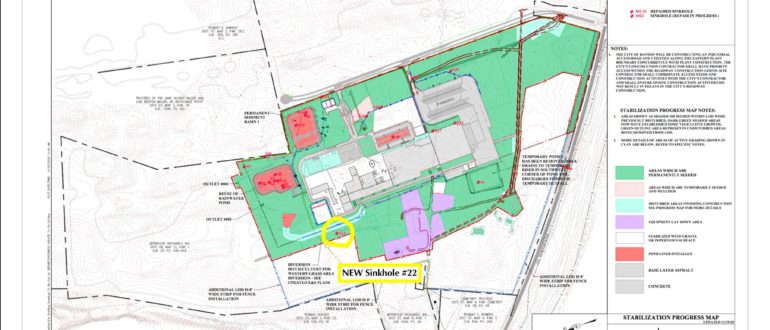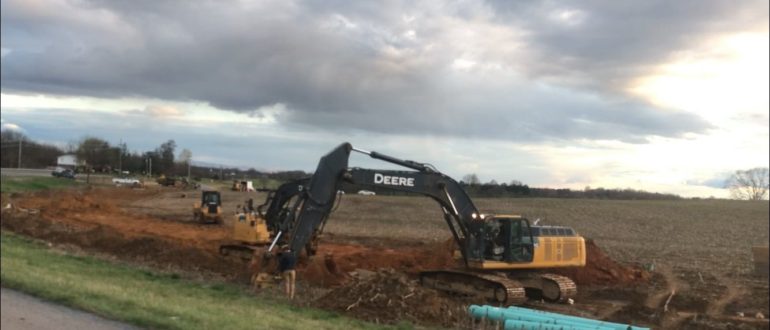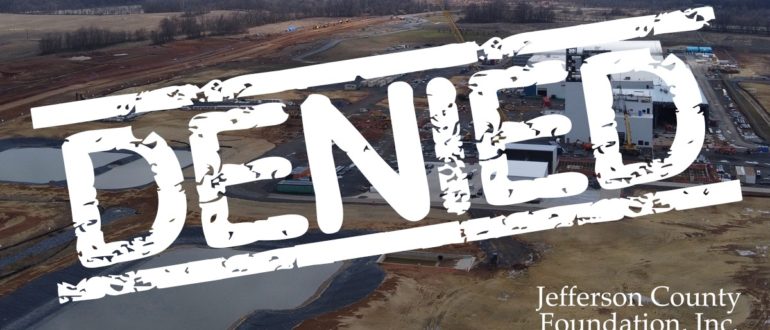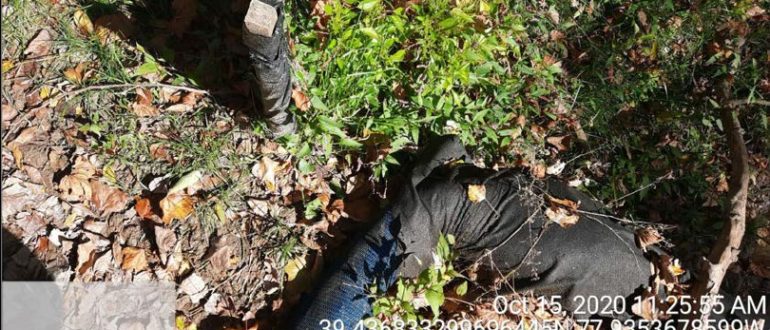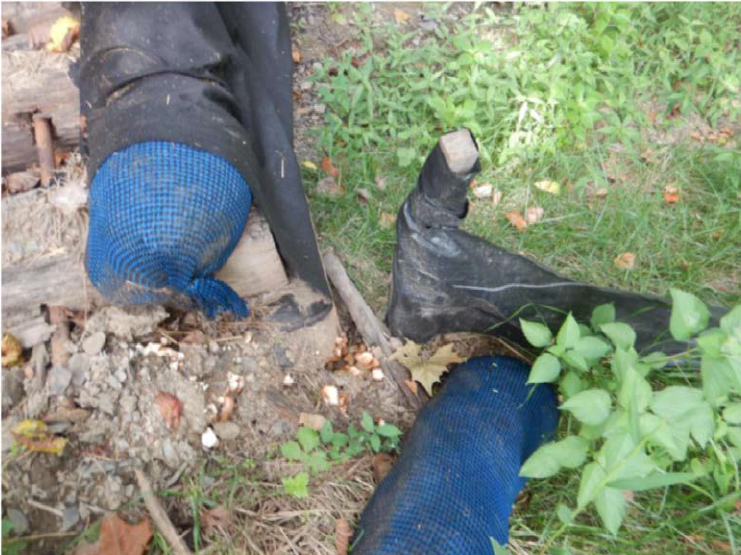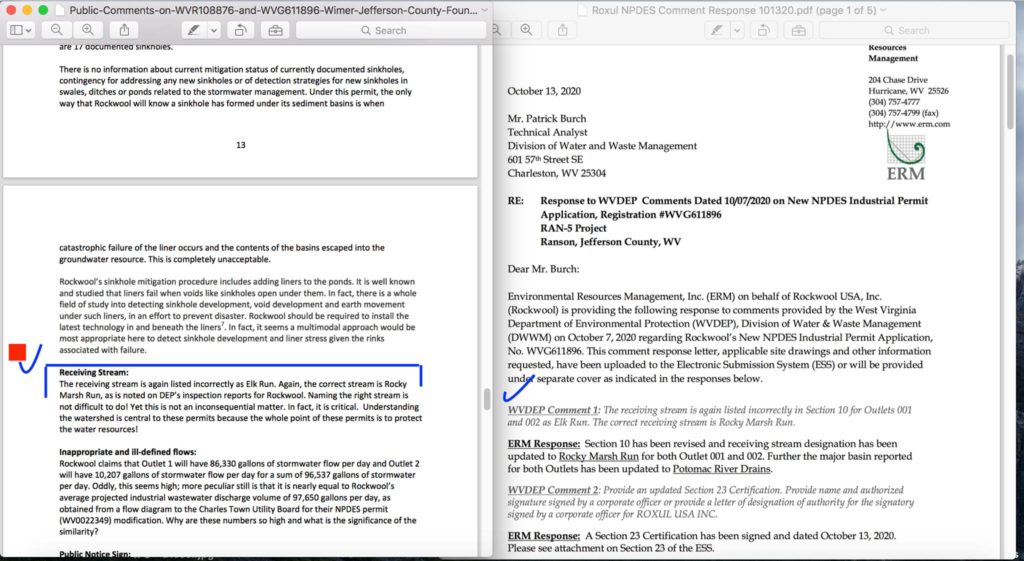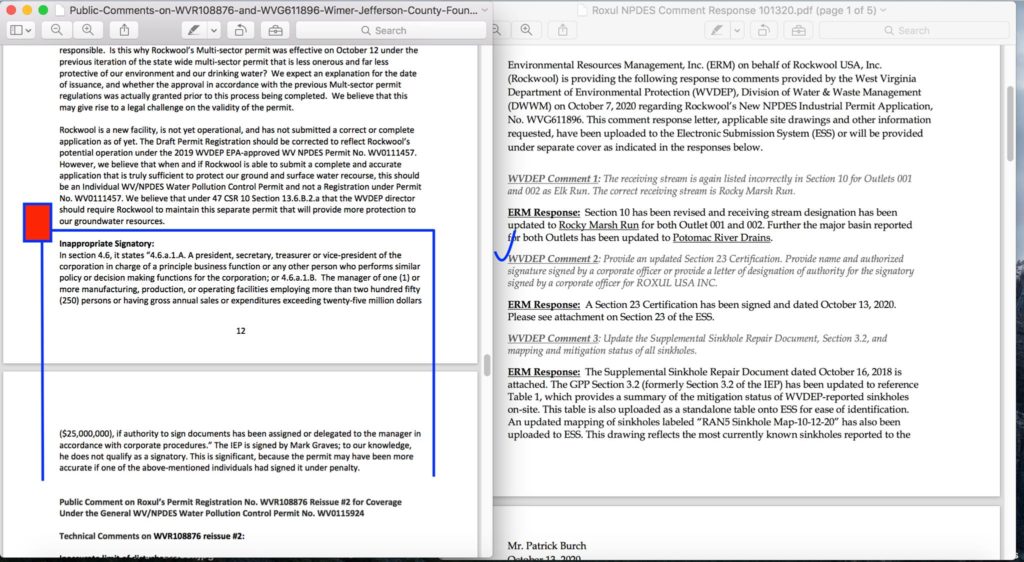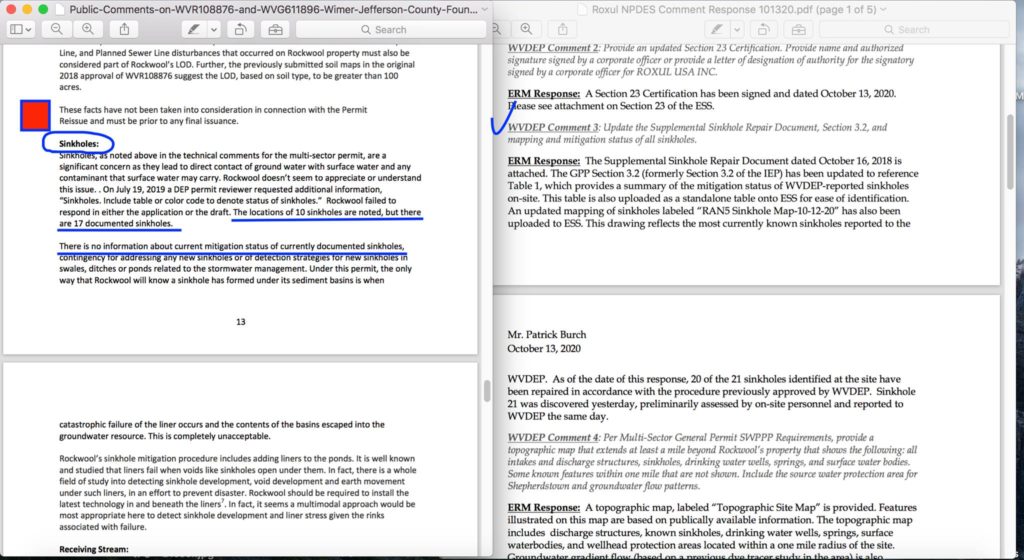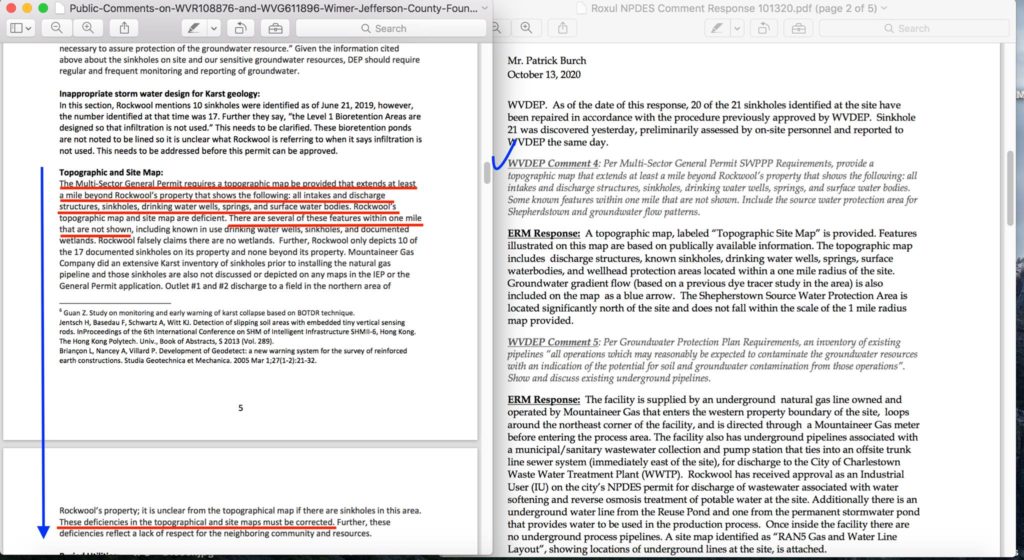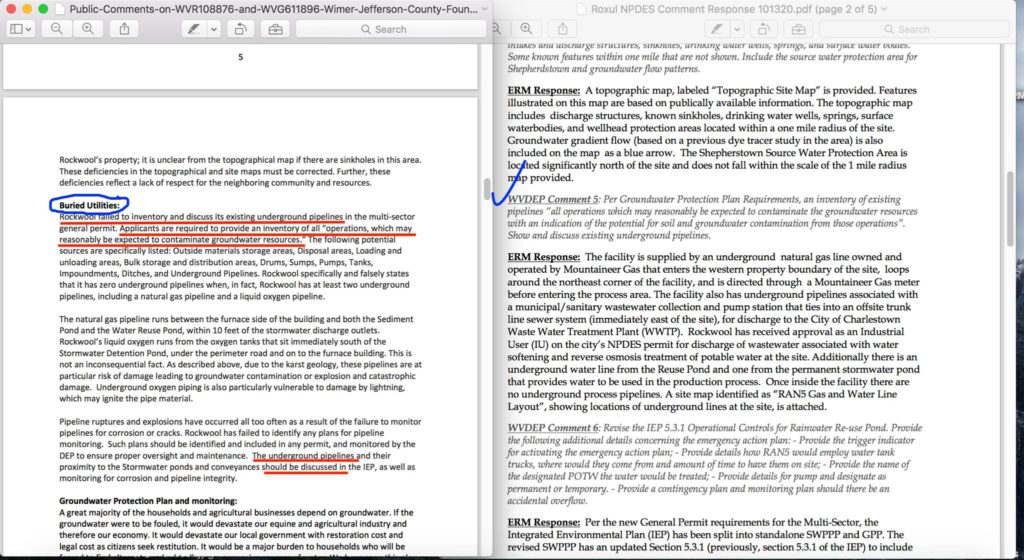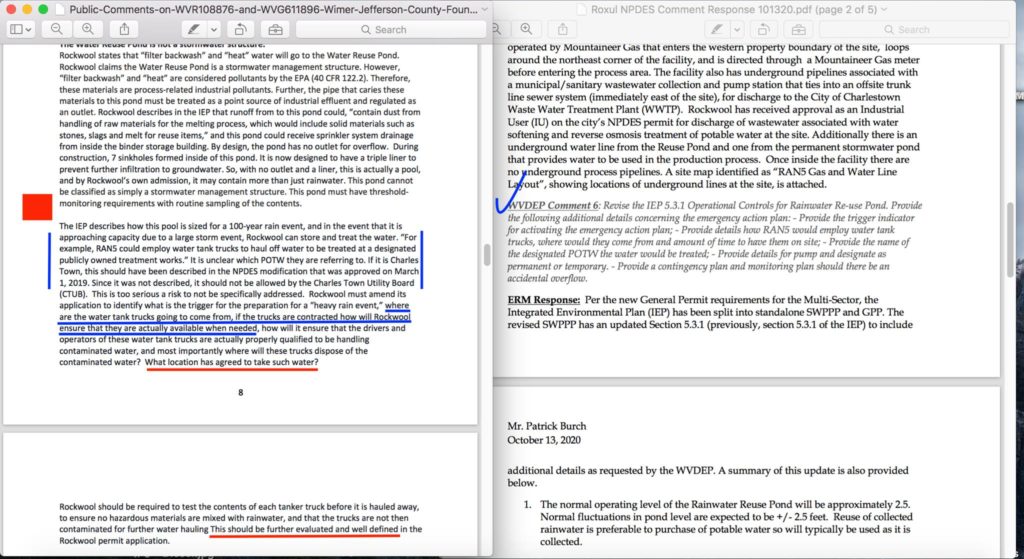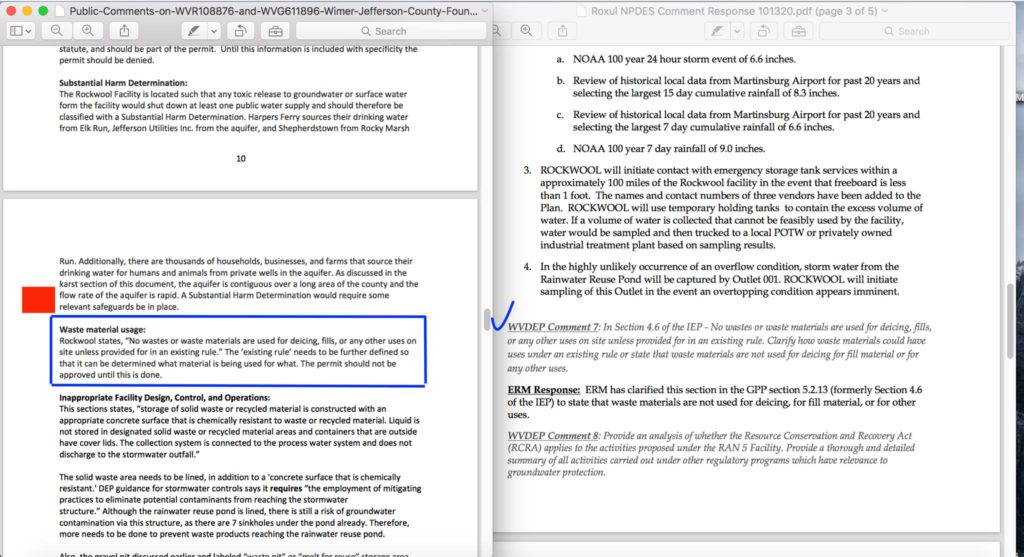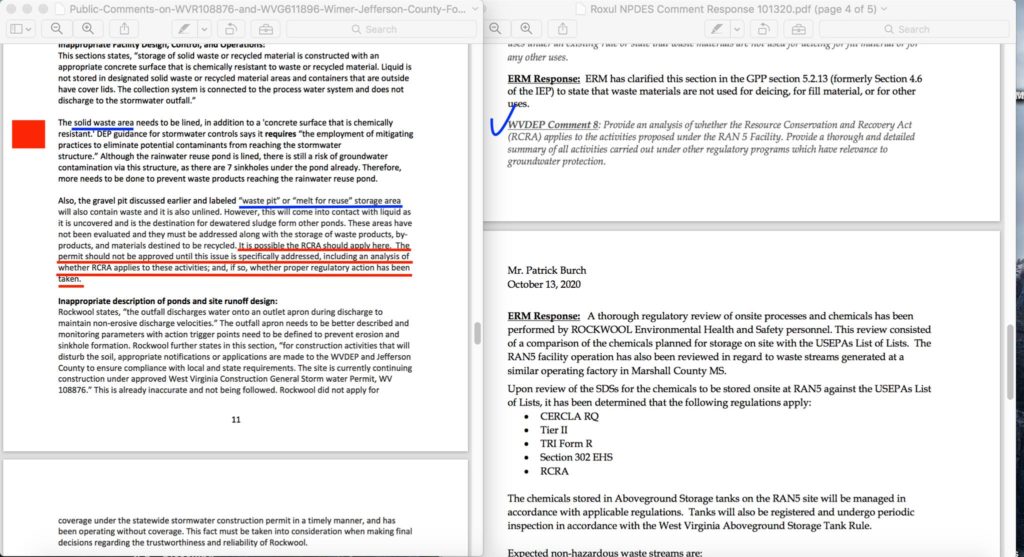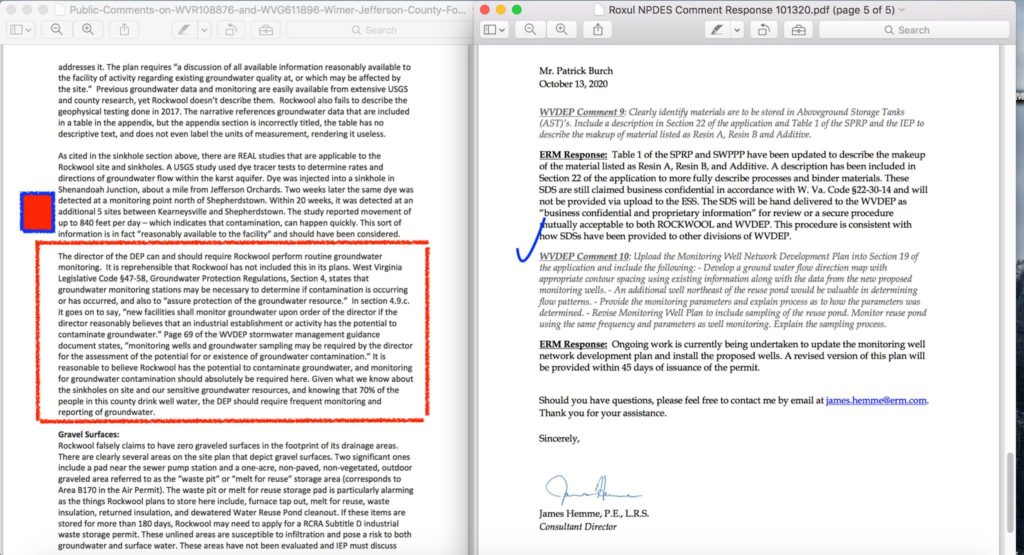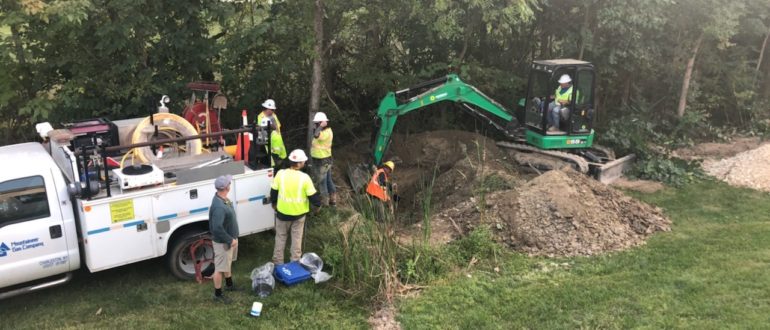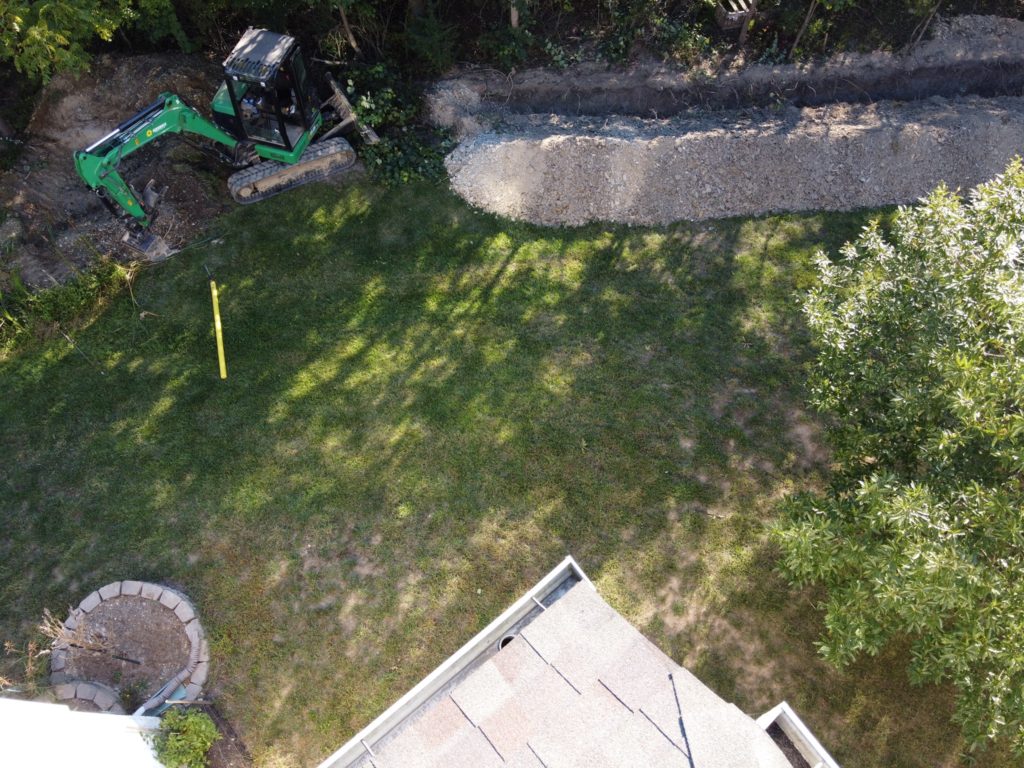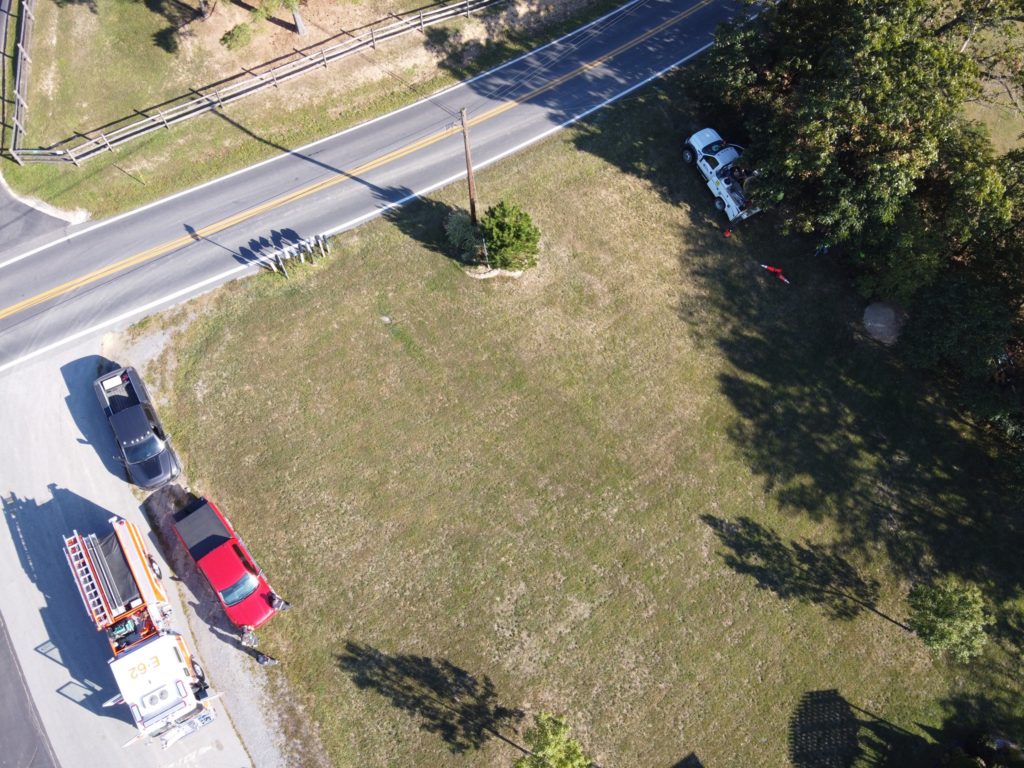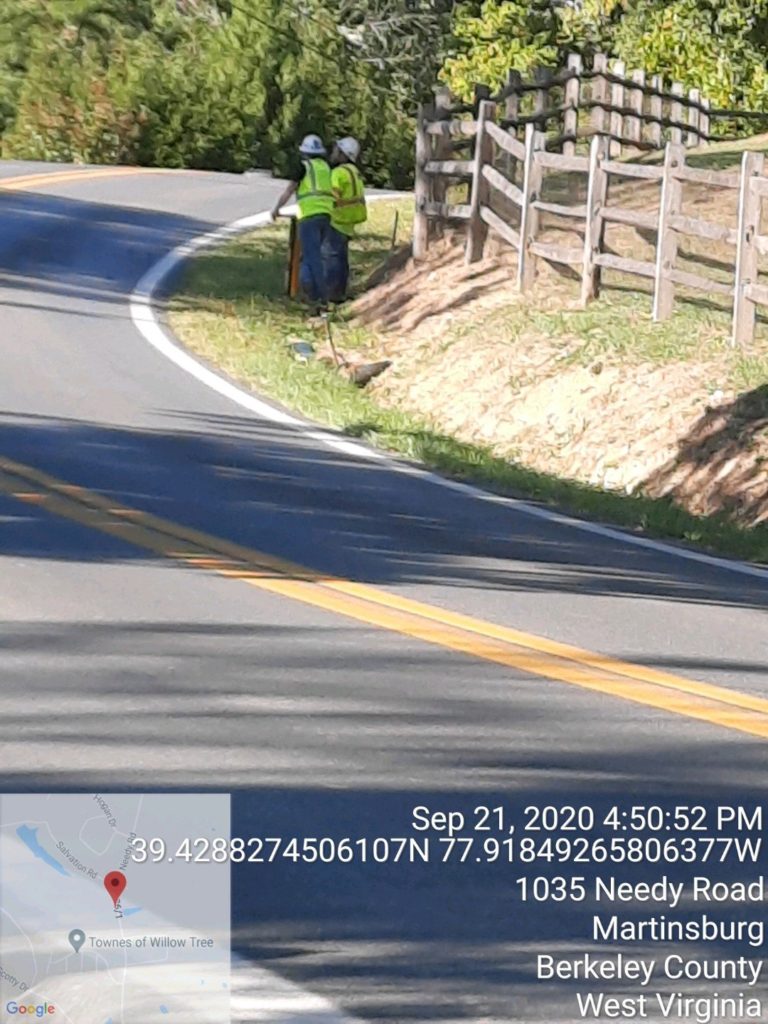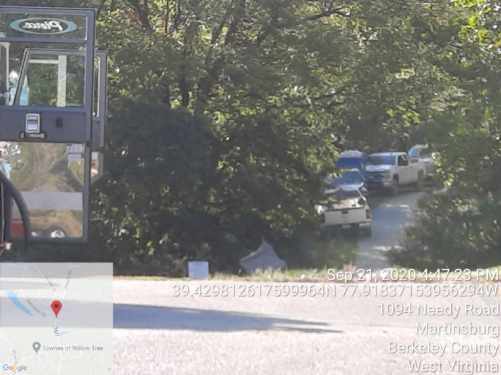The Jefferson County Foundation v. WVDEP and Rockwool case that challenges Rockwool’s Construction Stormwater permit, due to resume this Thursday, has been postponed again. Thursday’s hearing was supposed to complete the hearing that started on December 11 and 12 but which was continued into January at the request of the DEP so they could complete the certified record.
What is the certified record?
By law DEP must produce a complete, or certified, record that includes all documents and correspondence in the agency’s files relating to the appeal. And they need to do it within 14 days of receiving the notice of appeal. Jefferson County Foundation filed the appeal on March 26, 2020.
That was almost a year ago.
The Environmental Quality Board (EQB) gave the DEP an extension due to COVID until May 2020. The DEP produced some materials in June 2020 but they have never been even close to complete. In fact, DEP initially produced the record for the wrong permit application. And the DEP has still not produced a complete record, even two days before the last scheduled days of the hearing. This morning, the DEP’s counsel contacted our counsel and advised that they would try to get it complete by tomorrow (day before the hearing) but were not sure they could. He further advised that there was new information in the record that we had not seen before, and that this information included communications between Rockwool and the DEP. This is obviously information that we need to know before we continue the hearing, and should have known last May.
These new documents go to the ultimate question in the case: why did the DEP allow Rockwool to build on karst without appropriate protection for our region’s water?
Even though this is all incredibly frustrating, we cannot push into the hearing without seeing the information in the complete record, so we did not oppose DEP’s request for a continuance. The hearing will now be March 18 and 19. We will keep you updated.




